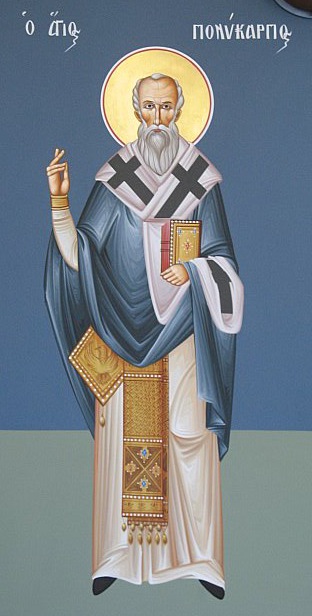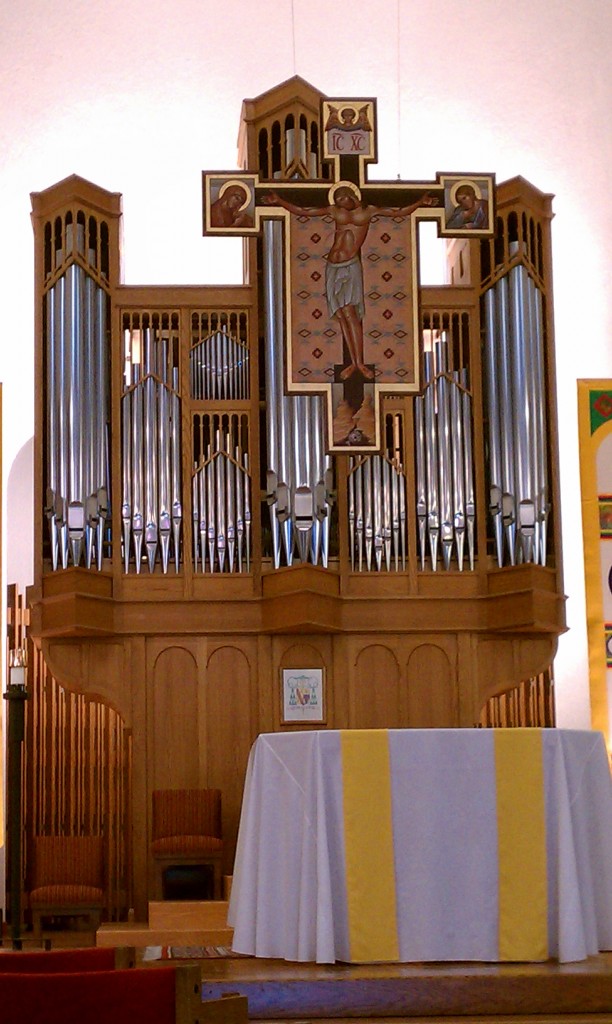Polycarp Parallels
 In the introduction to the Martyrdom of Polycarp, the author tells us that “By almost every step that led up to Polycarp’s martyrdom, the Lord intended to show us anew the type of martyrdom narrated in the Gospel” (Mart. Pol 2.1).
In the introduction to the Martyrdom of Polycarp, the author tells us that “By almost every step that led up to Polycarp’s martyrdom, the Lord intended to show us anew the type of martyrdom narrated in the Gospel” (Mart. Pol 2.1).
We’re currently working our way through this martyrdom account in the JP2 Group so I thought I’d put together a post highlighting all the parallels I’ve found between Jesus’ death and Polycarp’s witness (martyrdom) to his Lord.
The full text and audio of the Martyrdom is available here.
Some of these parallels are much stronger than others (I put a star rating next to each one of them). In many ways, the fact that there are many inexact parallels actually adds to the credibility of the martyrdom account. Were it fabricated, one would expect the parallels to be “tidied up” a bit more and closer to that of our account of Jesus’ Passion.
Both foretold their deaths (Rating: *****)
In the Martyrdom of Polycarp, after seeing a vision of his pillow aflame, Polycarp turns to his companions and states “I must be burnt alive” (Mart. Pol 5.2). Jesus, likewise, foretold his own death saying “We are going up to Jerusalem, and [I] will be delivered over to the chief priests and the teachers of the law. They will…hand [me] over to the Gentiles to be mocked and flogged and crucified” (Matt 20:18-19).
Both were betrayed (Rating: **)
Jesus was betrayed, of course, by Judas (Matt. 26:15). The author of the Martyrdom points out that “those who betrayed [Polycarp] were of his own household” and directly compares the betrayer to Judas (Mart. Pol 6.2). Both betrayers accompany the arresting party. However, I can’t help but think that this comparison is a little unfair. Polycarp’s betrayal was neither malicious nor for profit. The slave didn’t reveal Polycarp’s location until he had suffered abuse at the hands of the policemen. In fact, you might call this a “tortured” parallel… 😉
Both begin in an upper room (Rating: *)
When the police arrive for Polycarp he’s in the “upper room of a certain little house” (Mart. Pol. 7.1). Jesus’ Passion was preceded by the Last Supper held also in an Upper Room (Luke 22:12).


 For western Christians, today is the “Feast of The Epiphany” where we commemorate the visitation of the Magi:
For western Christians, today is the “Feast of The Epiphany” where we commemorate the visitation of the Magi: I hadn’t planned to write about last weekend’s Gospel reading, but it has kept coming up in conversation and I’ve spoken to some people who have been really troubled by Jesus’ words, perhaps rightly so:
I hadn’t planned to write about last weekend’s Gospel reading, but it has kept coming up in conversation and I’ve spoken to some people who have been really troubled by Jesus’ words, perhaps rightly so: